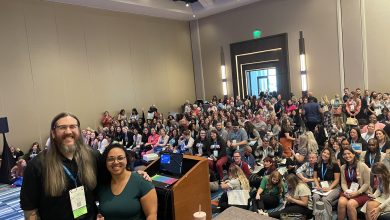Controlling the Narrative
Research by Richmond-Rakerd, Leah; Caspi, Avshalom; Ambler, Antony; d’Arbeloff, Tracy; de Bruine, Marieke; Elliott, Maxwell; Harrington, Hona Lee; Hogan, Sean; Houts, Renate; Ireland, David; Keenan, Ross; Knodt, Annchen; Melzer, Tracy; Park, Sena; Poulton, Richie; Ramrakha, Sandhya; Rasmussen, Line; Sack, Elizabeth; Schmidt, Adam; Sison, Maria; Wertz, Jasmin; Hariri, Ahmad; Moffitt, Terrie (2021). Childhood self-control forecasts the pace of Midlife Aging and preparedness for old age. Proceedings of the National Academy of Sciences,118(3). https://doi.org/10.1073/pnas.2010211118
Written by Robin N. Fatovic ’20 M.S.
Does having more self-control as a child impact us as an adult?
Psychological and medical researchers in different countries teamed up to follow over 1,000 people from New Zealand from birth to age 45. They measured self-control levels when they were children by reviewing parent, teacher and psychiatrist records of behavior and administering cognitive tests to observe any impulsivity, aggression or attention problems. Fast forward a few decades. The researchers continued measuring rates of aging and functional development over time by reviewing physical health markers, brain imaging and knowledge of different subjects by the age of 45.
Results? At age 45, those who were more self-controlled in childhood had slower-aging brains and bodies, more health knowledge and more confidence in living a long life. They had more financial knowledge, less financial struggles and better credit. They reported feeling less lonely, more supported by others and indicated greater life satisfaction than those who were less self-controlled in childhood.
Parents and teachers, it is so important to help children learn delayed gratification! Help them learn greater self-control by setting limits, requiring work completion and rewarding patience. It can affect them for years to come!





